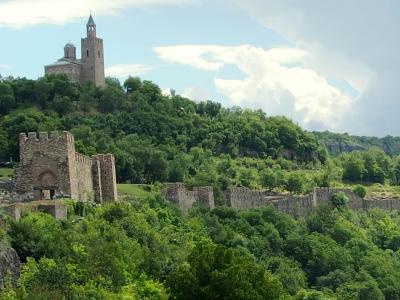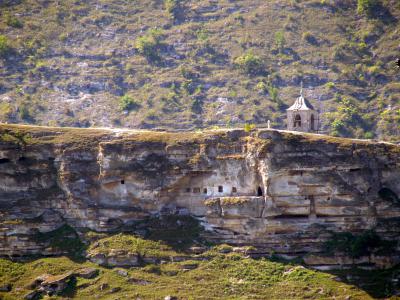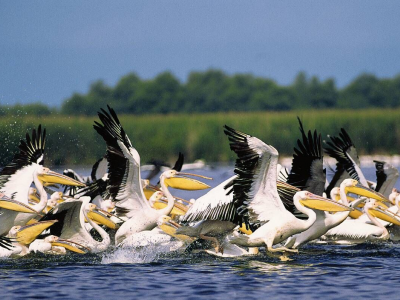The Balkans, a region with a rich tapestry of history, culture, and geography, is located in southeastern Europe. This area, known for its diverse landscapes, ranges from expansive plains to high mountain peaks like Musala in Bulgaria, the region's highest point. Historically, the Balkans have been a crossroads of civilizations, witnessing the rise and fall of empires and the blending of numerous cultures and religions. The term "Balkan" itself is derived from the Turkish word for a mountain chain, reflecting the significant role the Balkan Mountains play in the region's geography.
The Balkan Peninsula is bordered by the Adriatic Sea to the northwest, the Ionian Sea to the southwest, the Aegean Sea to the south, the Turkish straits to the east, and the Black Sea to the northeast. Its northern boundary is subject to various interpretations, making the region's extent somewhat fluid in geopolitical discussions. The countries traditionally included in the Balkans are Albania, Bosnia and Herzegovina, Bulgaria, Croatia, Kosovo, Montenegro, North Macedonia, Serbia, and Slovenia, with parts of Greece and Turkey also lying within the geographic definition of the peninsula.
The region's complex history is marked by the influence of the Ottoman Empire, which left a lasting legacy on the Balkans' cultural and architectural landscape. In the 19th century, the term "Balkan Peninsula" was synonymous with Rumelia, the European territory of the Ottoman Empire. The 20th century saw the emergence of the Kingdom of Yugoslavia, further shaping the political and cultural contours of the area.
Today, the Balkans are known for their picturesque villages, historic cities, and warm hospitality. The region's cuisine is as varied as its history, with influences from Mediterranean, Middle Eastern, and Slavic culinary traditions. Tourism is a growing industry, with visitors drawn to the pristine beaches, ancient ruins, and scenic hiking trails.
Despite its beauty and cultural wealth, the Balkans have also experienced ethnic tensions and political instability, particularly during the 1990s. The term "Balkanization" has often been used pejoratively to describe the fragmentation of a region into smaller, often hostile units. However, in recent years, there has been a concerted effort to foster peace and cooperation among the Balkan states, with several countries aspiring to join the European Union.
The Balkans remain a fascinating region for scholars and travelers alike, offering a unique blend of natural beauty, historical depth, and cultural diversity. Its strategic location continues to play a significant role in European politics and economics, making the Balkans an area of ongoing interest and importance on the global stage.



